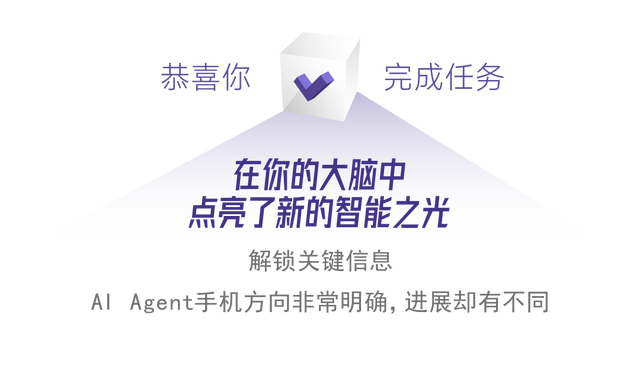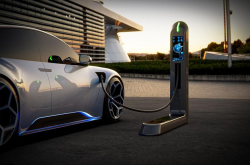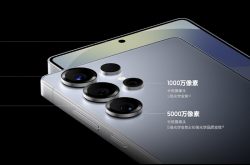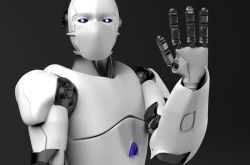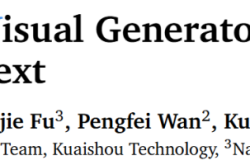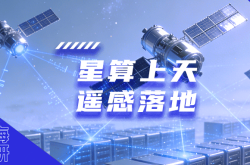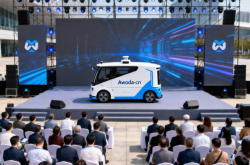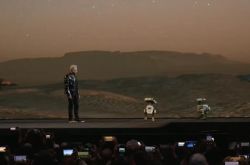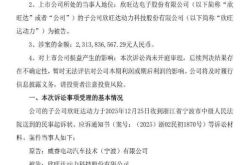Racing with Glory, Steady as an Apple: AI Agent Smartphone Race
![]() 09/08 2024
09/08 2024
![]() 573
573
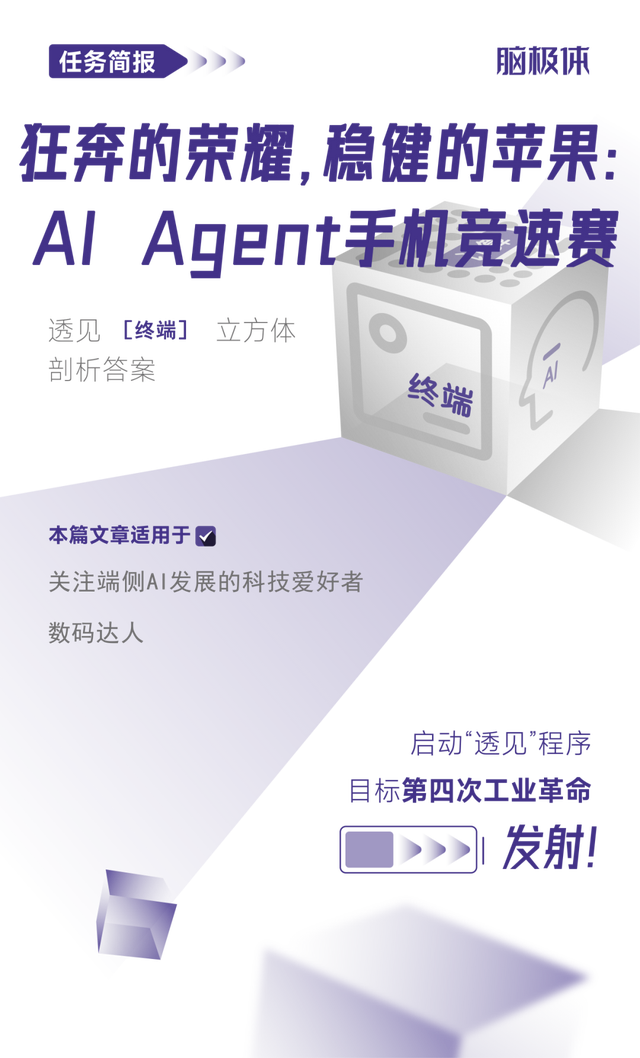
Every technological revolution requires an anchor point for technology implementation, such as cars in the era of the fuel revolution and PCs and smartphones in the era of the information revolution. In this latest AI technology explosion, led by pre-trained large models, AI Agent, or intelligent agent, is seen as the most likely anchor point for the application of intelligent technology.
Technically speaking, an AI Agent is an intelligent entity capable of perceiving the environment, making decisions, and executing actions. Its way of thinking and acting is extremely similar to humans, setting it apart from previous digital systems. Many believe that mastering AI Agents will be key to success in the AI era.
This view is shared by an increasing number of tech companies and leaders. For example, Bill Gates has stated, "Whoever dominates AI Agents will have the upper hand, because you'll never have to search websites or Amazon again."
In simpler terms, an AI Agent is a full-time assistant that can perceive, understand, and act. The combination of this capability with smartphones is almost predestined. Among all possible implementation paths for AI Agents, smartphones are the most critical and anticipated.
At one time, it was taken for granted that innovations like AI Agent smartphones would come from Apple. Interestingly, the story has defied such 'common sense.'
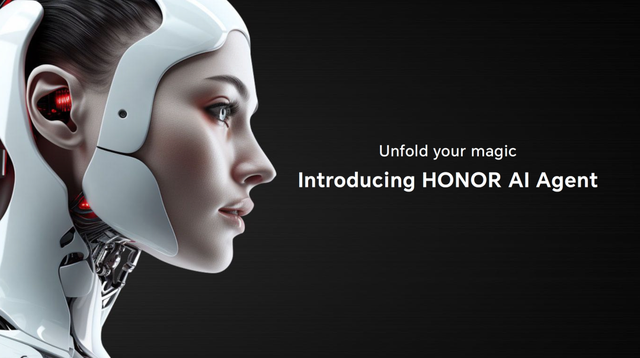
On September 6th, Zhao Ming, CEO of Honor, unveiled Honor's AI Agent innovations at the Internationale Funkausstellung Berlin 2024. He introduced the industry's first cross-app open ecosystem AI Agent globally and announced that Honor's AI Agent would be commercially launched on the next-generation Honor Magic7 series, Honor's all-round flagship.
This means that it was not Apple but Honor that released the first AI Agent smartphone.
Notably, against the backdrop of Apple's plans to develop an AI Agent smartphone, Honor is offering a 'true AI smartphone' open to all third-party services without application boundaries.
When did the script for this AI era smartphone innovation story change?
Let's trace back the preparations made by these two companies and different tech forces for the AI era, examining why Honor beat Apple to the punch with AI Agents.
Ultimately, we may find that the battle for destiny lies in relentless progress, both for Honor and the entire Chinese AI industry.
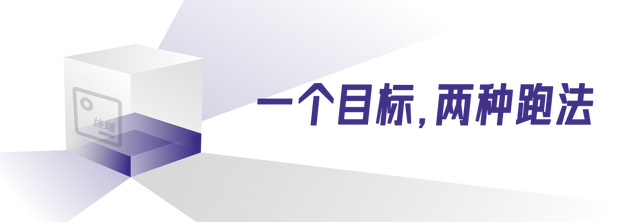
When AI arrived in smartphones with immense technological imagination, it revolutionized the underlying interaction logic.
The basic interaction logic of smartphones involves tapping and swiping, requiring users to navigate through layers to access services and functions. However, an AI Agent can understand and anticipate user needs, accessing services and functions on their behalf. This shift transforms smartphones from 'users finding services' to 'services finding users.'
With the help of AI Agents, smartphones will become the technological embodiment closest to the sci-fi vision of AI.
Visionaries in the mobile industry recognize the significance of this transformation. Honor and Apple, representing the forward-thinking forces in the mobile industry, have similar strategies for AI smartphones and AI Agents.
At Apple's recent WWDC24, the company introduced Apple Intelligence, integrating AI technology deeply into the iOS operating system to enhance users' AI experience system-wide. Surprisingly, Apple's AI strategy aligns with Honor's earlier proposals for platform-level AI and a four-tier AI architecture. Both emphasize that AI must penetrate smartphone system architectures, upgrading capabilities globally rather than remaining superficial within individual apps or services.
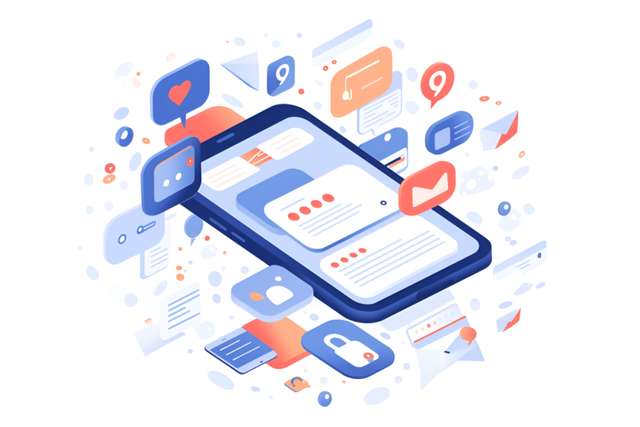
If building system-level and platform-level AI technology and intent recognition frameworks lay the groundwork for true AI smartphones, the house built on this foundation is the AI Agent.
Many experts predict that Apple's Apple Intelligence aims to create AI Agent smartphones, with the most likely launch date being Apple's September 10th event.
However, at this critical juncture, Honor announced its cross-app AI Agent experience within an open ecosystem, previewing its commercial launch on the Honor Magic7 series, making it the industry's first truly intelligent AI smartphone.
While Honor and Apple share similar strategic goals for AI smartphones, they differ in execution speed.
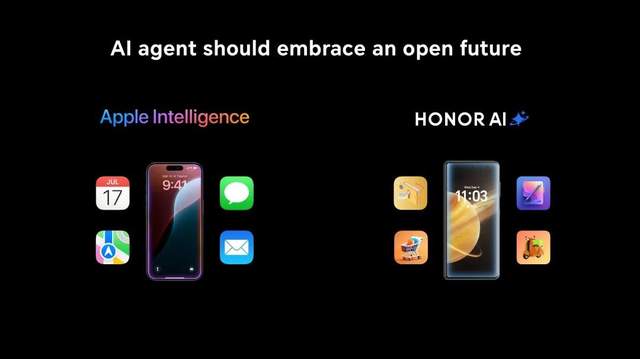
Beyond the timing, the openness of AI Agent smartphones is crucial. Currently, Apple Intelligence only functions within Apple's first-party apps, not opening up to third parties. This suggests Apple's upcoming AI Agent capabilities will be limited to its first-party ecosystem.
In contrast, Honor announced its opposition to locking AI Agents within a closed garden. Honor's AI Agent integrates all system services and is open to third-party services.
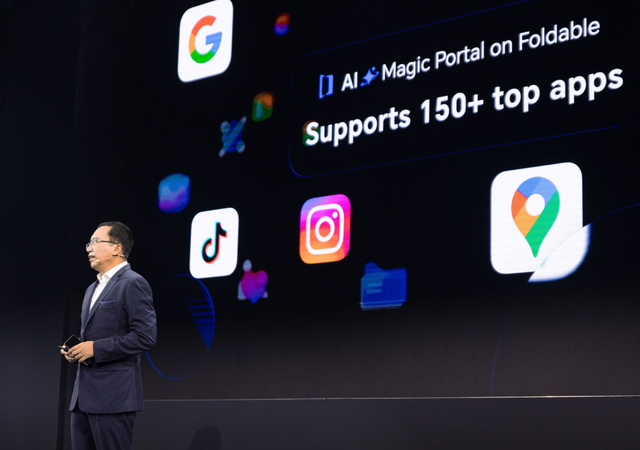
This difference in openness can be understood in two ways. Firstly, Apple may not be technically ready to offer more challenging AI capabilities open to third parties. Secondly, it reflects Apple's conservative stance, unwilling to cede benefits to third-party services or exceed 'standard' innovation.
Regardless of the reasons, it's clear that while Apple and Honor share strategic AI smartphone goals, they differ significantly in execution plans, interfaces, and capabilities.
In contrast to Apple's conservatism, Honor chooses to actively collaborate with the global supply chain, determined to execute its open strategy to break closed ecosystems. As the first to launch an AI Agent in an open ecosystem, Honor will fully integrate first- and third-party AI applications and services, ultimately creating an 'always-on AI personal assistant' for users.
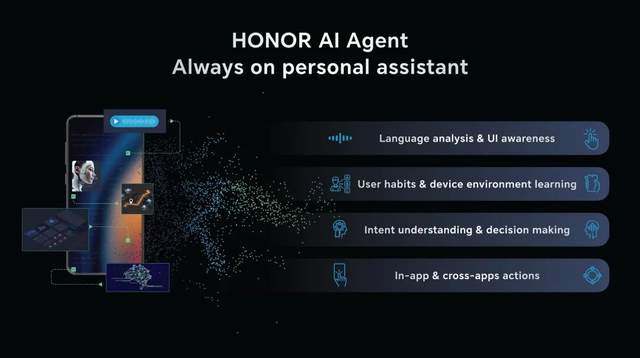
Comparing the two companies' approaches to AI Agent smartphones, we see differences: Apple's strategy is high-quality but lacks execution ability. Like its approach to XR, 5G chips, and cars, Apple aims for stability, valuing conservatism over new partnerships or excessive technology investments.
Honor, however, chooses the most open stance at the earliest opportunity, ensuring high-quality strategy while sprinting ahead. This aggressive strategy allows Honor to outperform Apple, delivering an AI Agent smartphone that users and partners desire.
The battle for the destiny of AI smartphones may start with a shared vision but will be won by relentless effort at every step.
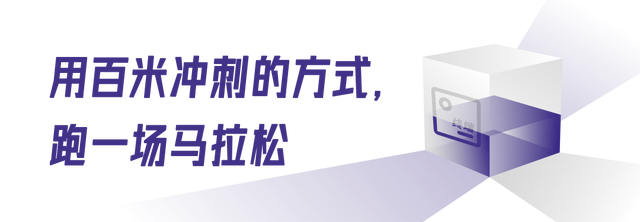
When did Honor and Apple's strategic approaches to AI smartphones and AI Agent implementation diverge?
Surprisingly, the answer lies eight years ago. As Apple announced its AI pivot, Honor had already been running on this path for eight years.
In 2016, before Alpha Go won the Go world championship and AI was mostly imagined in sci-fi movies, Honor foresaw AI's potential, envisioning a shift from 'users finding services' to 'services finding users.' That year, Honor launched the Magic 1, introducing the concept of AI smartphones to the industry. Honor Magic aimed to unlock the door to smartphone intelligence, marking Honor's exploration of AI-smartphone integration and long-term investment in platform- and system-level AI.
Honor's leadership in AI Agents stems from its eight-year strategic foresight and sustained R&D investment.
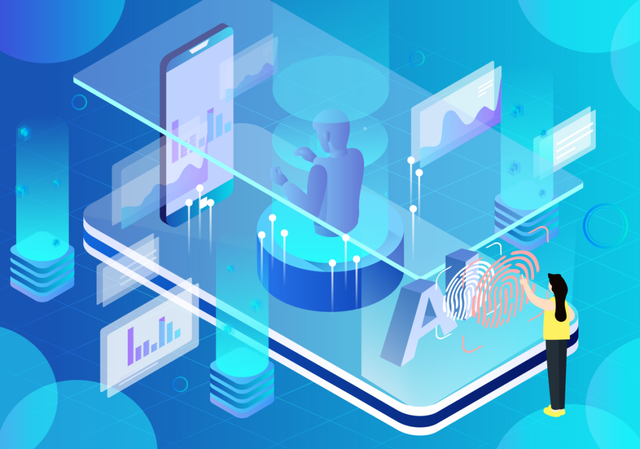 In 2018, Honor released the Magic 2, advancing in computer vision, natural language processing, decision systems, and recommendation systems. Notably, the Magic 2 was the first to feature YOYO, an AI lifeform capable of self-evolution and self-learning.
Looking back, YOYO's product logic aligns seamlessly with AI Agents. Despite years apart, they share functional goals, technical paths, and service implementation methods. This prescience allowed Honor to preview the future. At the time, the concept of pre-trained large models had yet to emerge.
In the tech industry, you build a sturdy road and wait for cars to speed up. Honor's YOYO is the highway connecting smartphones to the AI Agent era.
In 2022, Honor pioneered the concept of platform-level AI, announcing the construction of an AI operating system from the ground up. By year's end, it launched MagicOS 7.0, an AI-powered personalized, full-scenario operating system. Amid the large model trend, the mobile industry turned to AI, while Honor had already sailed to new horizons.
In 2023, Honor introduced AI large models to end devices, followed by integrating LLM large models into products in early 2024. MagicOS 8.0 brought the industry's first intent-based UI, a new paradigm for smart device interaction.
Now, Honor is ready to bring AI Agents as personal assistants into smartphones and daily life. Every step Honor takes leads the industry, adopting aggressive technology paths and open ecosystems.
Sprinting this eight-year marathon may be the only way to reach the AI era.
In 2018, Honor released the Magic 2, advancing in computer vision, natural language processing, decision systems, and recommendation systems. Notably, the Magic 2 was the first to feature YOYO, an AI lifeform capable of self-evolution and self-learning.
Looking back, YOYO's product logic aligns seamlessly with AI Agents. Despite years apart, they share functional goals, technical paths, and service implementation methods. This prescience allowed Honor to preview the future. At the time, the concept of pre-trained large models had yet to emerge.
In the tech industry, you build a sturdy road and wait for cars to speed up. Honor's YOYO is the highway connecting smartphones to the AI Agent era.
In 2022, Honor pioneered the concept of platform-level AI, announcing the construction of an AI operating system from the ground up. By year's end, it launched MagicOS 7.0, an AI-powered personalized, full-scenario operating system. Amid the large model trend, the mobile industry turned to AI, while Honor had already sailed to new horizons.
In 2023, Honor introduced AI large models to end devices, followed by integrating LLM large models into products in early 2024. MagicOS 8.0 brought the industry's first intent-based UI, a new paradigm for smart device interaction.
Now, Honor is ready to bring AI Agents as personal assistants into smartphones and daily life. Every step Honor takes leads the industry, adopting aggressive technology paths and open ecosystems.
Sprinting this eight-year marathon may be the only way to reach the AI era.
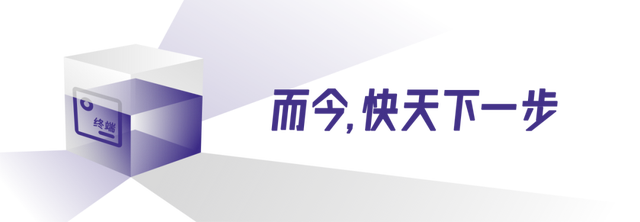 Even today, smartphones offer complex services and functions, like canceling subscriptions, that confuse even experienced users, let alone seniors or children. At IFA, Honor demonstrated AI Agent-assisted subscription cancellation. Users can disable auto-renewals with one tap. The AI Agent also enables one-tap beverage ordering, travel planning, and ticket booking, among other disruptive AI experiences.
From Honor's AI Agent capabilities, we see three distinct features:
1. A comprehensive technical differentiation system:
Unlike conceptual or single-function 'AI Agents,' Honor has built a comprehensive AI Agent technical capability system with four key features: natural language understanding and computer vision, user behavior comprehension and learning, scene perception, intent recognition, decision-making, and cross-app operation.
Years of accumulation have not only matured Honor's AI Agent capabilities but also laid a standard foundation for the future of this sector.
2. Addressing the paramount concern of 'security':
Users worry about entrusting everything to AI assistants, fearing errors and insecurities. This is a major obstacle for AI Agent technology, deterring many manufacturers. Honor has established a comprehensive AI Agent security process. In demos, the user interface visually alerts when the AI Agent is activated and takes over the phone. After understanding the intent, Honor's AI Agent prompts the apps and steps it will operate, ensuring transparency. The AI Agent can be manually overridden at any time, and decisions like canceling auto-renewals are left to the user to confirm manually.
Even today, smartphones offer complex services and functions, like canceling subscriptions, that confuse even experienced users, let alone seniors or children. At IFA, Honor demonstrated AI Agent-assisted subscription cancellation. Users can disable auto-renewals with one tap. The AI Agent also enables one-tap beverage ordering, travel planning, and ticket booking, among other disruptive AI experiences.
From Honor's AI Agent capabilities, we see three distinct features:
1. A comprehensive technical differentiation system:
Unlike conceptual or single-function 'AI Agents,' Honor has built a comprehensive AI Agent technical capability system with four key features: natural language understanding and computer vision, user behavior comprehension and learning, scene perception, intent recognition, decision-making, and cross-app operation.
Years of accumulation have not only matured Honor's AI Agent capabilities but also laid a standard foundation for the future of this sector.
2. Addressing the paramount concern of 'security':
Users worry about entrusting everything to AI assistants, fearing errors and insecurities. This is a major obstacle for AI Agent technology, deterring many manufacturers. Honor has established a comprehensive AI Agent security process. In demos, the user interface visually alerts when the AI Agent is activated and takes over the phone. After understanding the intent, Honor's AI Agent prompts the apps and steps it will operate, ensuring transparency. The AI Agent can be manually overridden at any time, and decisions like canceling auto-renewals are left to the user to confirm manually.
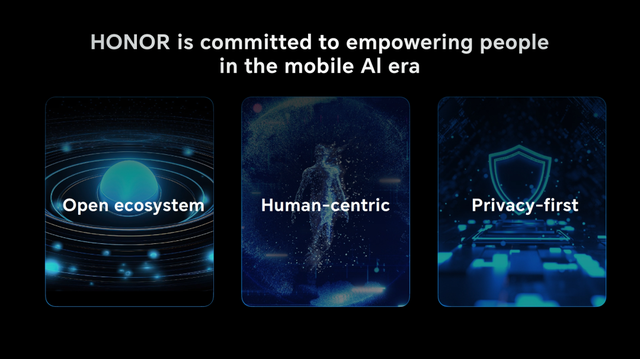
Such a set of process mechanisms ensures that AI Agent has sufficient security.
And security is the prerequisite for usability and the foundation for the long-term and stable development of AI Agent.
3. Created a huge space for expansion.
It is foreseeable that Honor, with a complete and mature AI technology framework, will integrate more and more functions and services into Honor AI Agent in the future. For example, in work scenarios, it can help users process emails, organize files, arrange schedules, etc.; in life scenarios, the agent can provide services such as food recommendations, travel planning, and entertainment activity suggestions; in learning scenarios, the agent can assist users in quickly querying information, formulating study plans, and answering difficult questions.
The deep cultivation of each scenario and function may bring huge upgrades to user experience and build new traffic and business dividends for the industrial ecology. The explorability of AI Agent has just begun today.
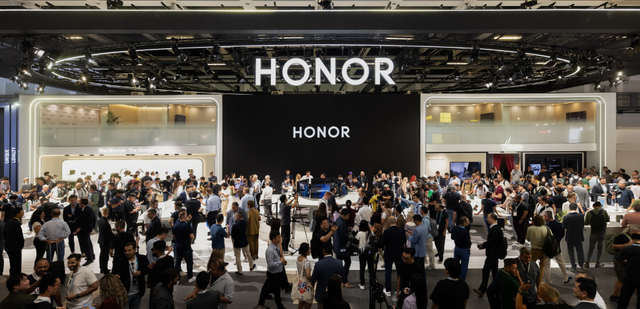
The Honor Magic7 series will be the debut stage of AI Agent and also a new starting point for Honor on the AI journey.
Perhaps in the technology market, there is never any "common sense." No one can stipulate who must complete innovation, and no one can determine who is ahead of whom.
All we have to do is run as fast as we can once we see the direction. One step faster, one step closer to the future; give it your all, and destiny will follow.
This is true for Honor and for the times. Chinese AI may be one step ahead of the world in this way.
